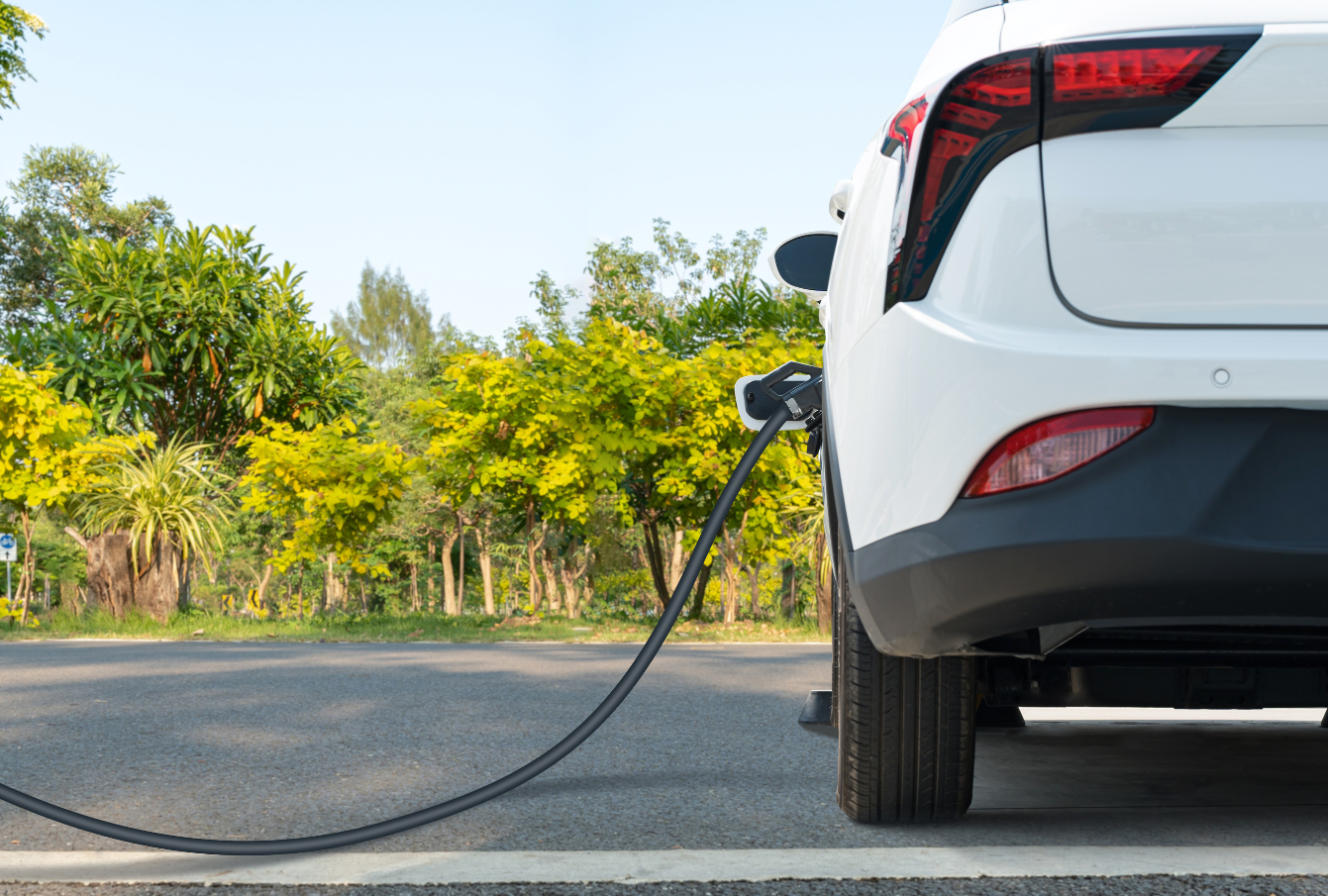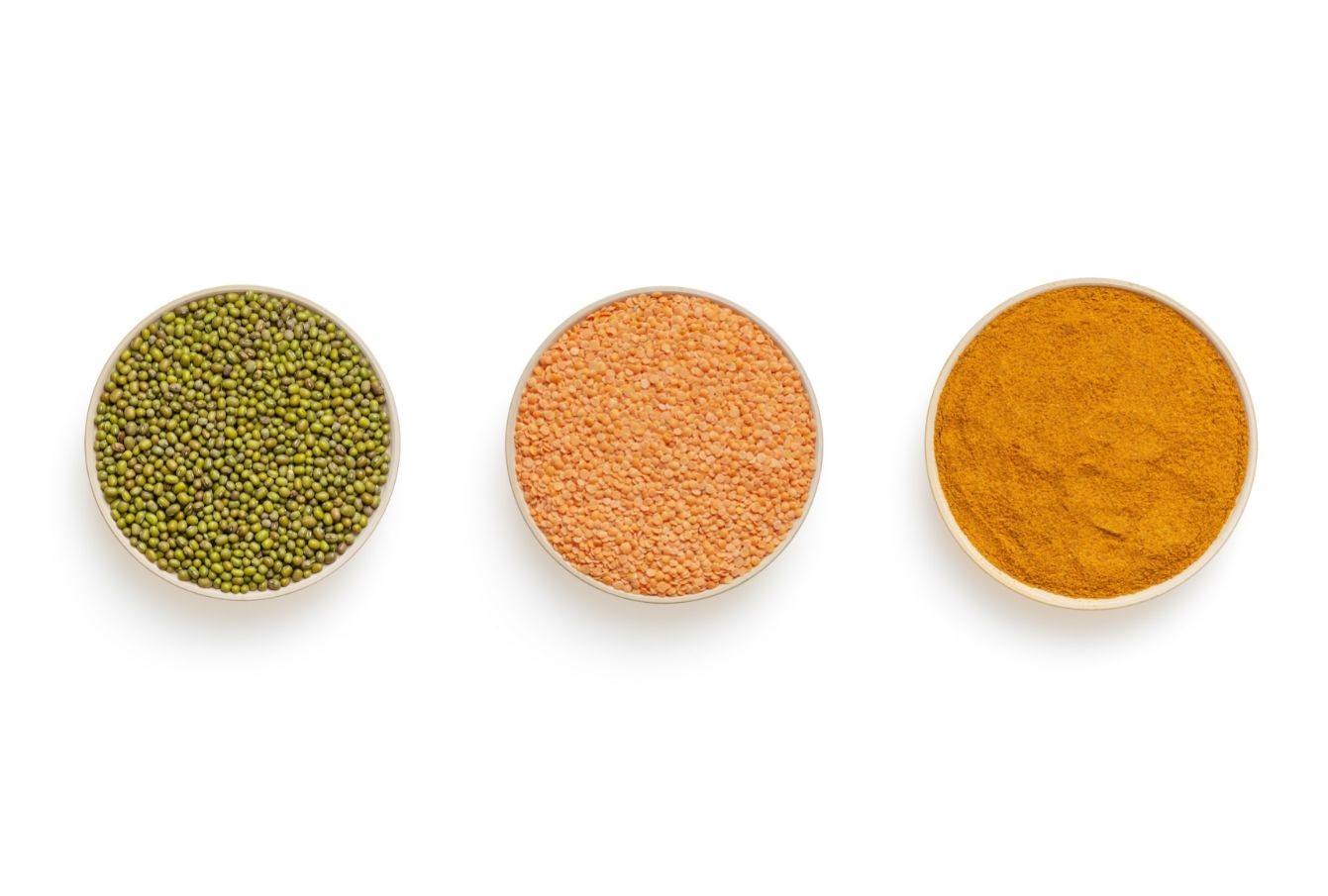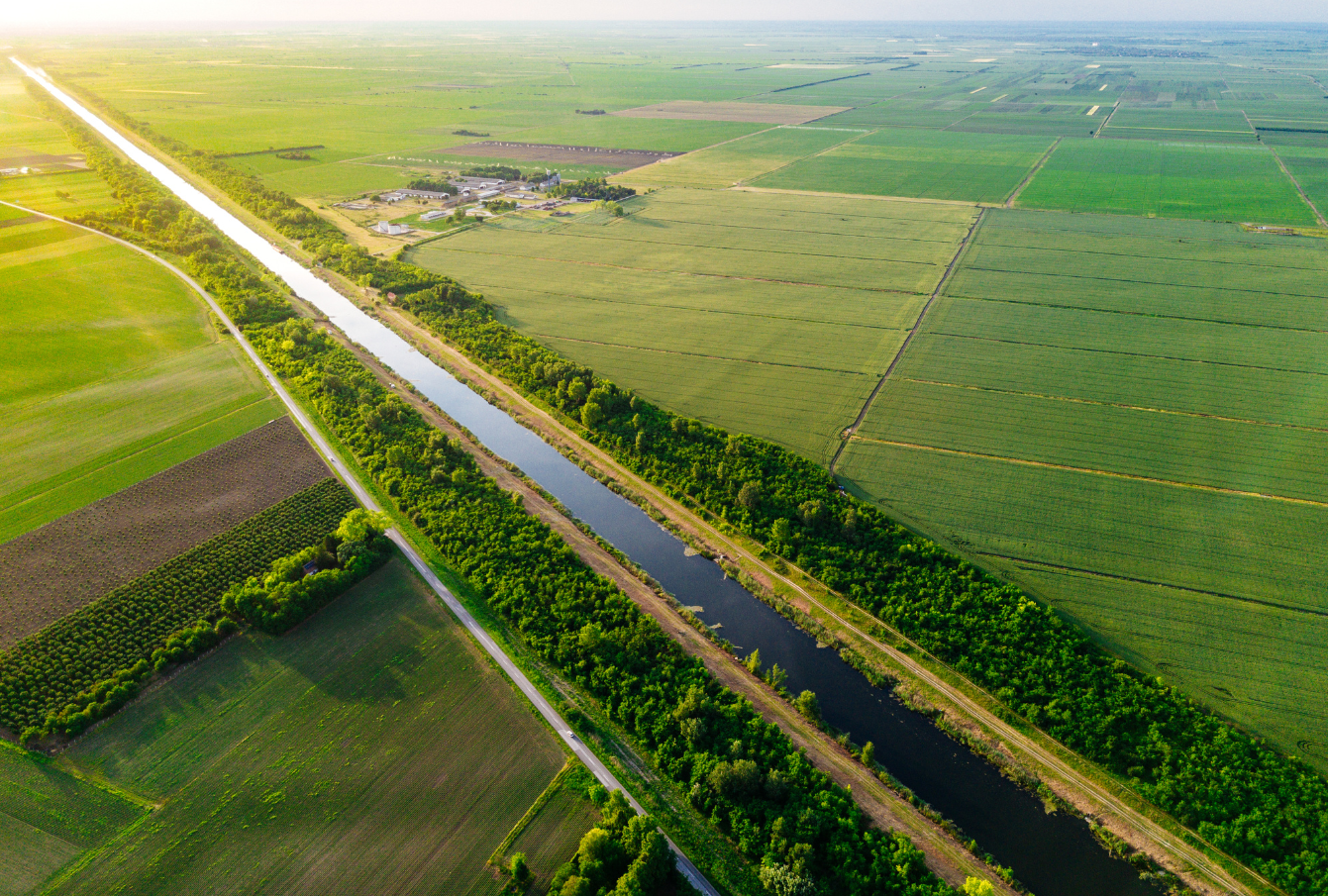 Italy moves forward in wastewater reuse in agriculture
Italy moves forward in wastewater reuse in agriculture
Sicily is the first Italian region to adopt a wastewater reuse standard. It permits the use of purified water for irrigation purposes.
Agriculture water consumption
Agriculture is the most water-intensive industry. In fact, it absorbs more than half of all available water resources.
Therefore, reusing wastewater is one option to face the current water scarcity and massive water demand. We are talking about contaminated and normally unusable water.
Specifically, the purification technology permits to eliminate pollutants and bring the water back to the proper condition. In other words, we can reintroduce it into the environment.
A new regulation
In May 2020, the European Council regulated water treatment procedures for irrigation purposes. Its provision will apply from 2023 onwards. It encourages the recovery of nutrients from treated water and, as a result, their incorporation into crops.
Thanks to this new regulation, wastewater reuse will be a viable and profitable solution. In summary, it will ensure:
- greater safety of treated water
- greater protection of the environment
- enhanced protection of human and animal health
- economic benefits
Sicily approves the reuse of purified wastewater for irrigation purposes
Finally, Sicily has one more tool to deal with the problems related to the recurring water crises.
In fact, the Sicilian Regional Assembly has approved the reuse of purified water for irrigation uses.
Specifically, the new legislation permits the creation of refining or phytodepuration systems that trigger virtuous circular economy mechanisms, aimed at reusing water. Furthermore, it will significantly reduce users’ supply costs.
The recovered wastewater will be transferred by sewage treatment plant operators to distribution network operators.
The very first projects in Italy
Emilia Romagna fields, watered and fertilized with purified wastewater.
Hera, ENEA, the University of Bologna, and Irritec have developed a purification prototype. The processed wastewater can be used to irrigate and fertilize cultivated fields.
Which are the benefits?
- Greater water availability.
- Nutrient supply.
- Reduction of chemical fertilizers.
- Environmental sustainability.
- Quality of the purification chain.
Moreover, the prototype exemplifies industrial symbiosis. In other words, the purification plants become a kind of biorefinery. In fact, they recover water and by-products such as soil improvers and fertilizers.
Contact us for more information about wastewater reuse in agriculture!





